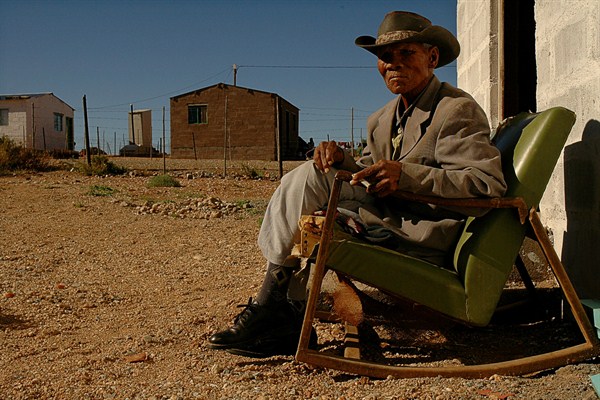In late February, South Africa’s parliament overwhelmingly passed a motion seeking to change the constitution in order to allow the government to expropriate land without compensation. The motion came after the ruling African National Congress formally adopted the principle of land expropriation at its party conference in December. South Africa’s new president and the head of the ANC, Cyril Ramaphosa, has since voiced his opposition to the recent spate of unilateral land grabs across the country, or what critics call “illegal land invasions.” In an email interview, John Campbell, the Ralph Bunche senior fellow of African policy studies at the Council on Foreign Relations and a former U.S. ambassador to Nigeria, discusses racial disparities in land ownership in South Africa and why land reform remains so contentious despite the end of apartheid.
WPR: Why is the Ramaphosa government considering amending the constitution to allow land expropriations without compensation?
John Campbell: During the colonial and apartheid eras in South Africa, white South Africans seized about 87 percent of the surface area of the country. Many black South Africans regard this seizure of land as theft and the root cause of their poverty. The governing African National Congress, or ANC, has long advocated the transfer of land to the black South African majority. This policy also has the support of most other political parties, but progress has been slow. For example, white South Africans, who make up just 9 percent of the population, are estimated to still own over 70 percent of all land.

